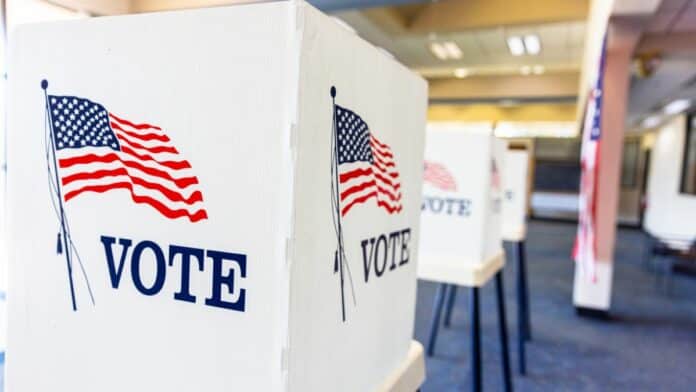Vice President JD Vance is sounding the alarm over what he calls the devastating impact of mass illegal immigration on America’s housing market. Speaking in a recent interview, Vance claimed that skyrocketing rent and home prices are being directly fueled by the massive influx of illegal immigrants under the Biden administration.
Vance warned that young Americans are being priced out of homeownership and long-term stability due to an overwhelmed housing market, which he argues is no longer able to meet the needs of citizens. “Housing is way too expensive,” Vance said. “Why? Because we flooded the country with 30 million illegal immigrants who are taking houses that should go to American citizens.”
The vice president explained that the issue is twofold: the nation was already building too few homes, and now those homes must be shared with millions of non-citizens. He outlined the Trump administration’s dual plan to fix the issue: ramp up interior enforcement to remove illegal immigrants and streamline the process for building new homes.
He emphasized that under Trump’s economic policies, more Americans were able to afford homes and enjoy higher wages. “We’re making it easier to build homes and factories, creating better jobs, and we’re deporting illegal aliens. You’re already seeing that it’s starting to work,” Vance stated.
Vance also framed immigration as a major driver of America’s affordability crisis, saying it affects not just housing, but wages, jobs, and access to opportunity. He argued that reducing immigration is essential to creating an economy where Americans—not foreign nationals—have a chance to succeed.
Multiple recent studies have shown a connection between mass immigration and rising home and rental prices, echoing the concerns Vance raised. With the housing crisis top of mind for many Americans, the Trump campaign is clearly making it a centerpiece of their economic pitch.
















